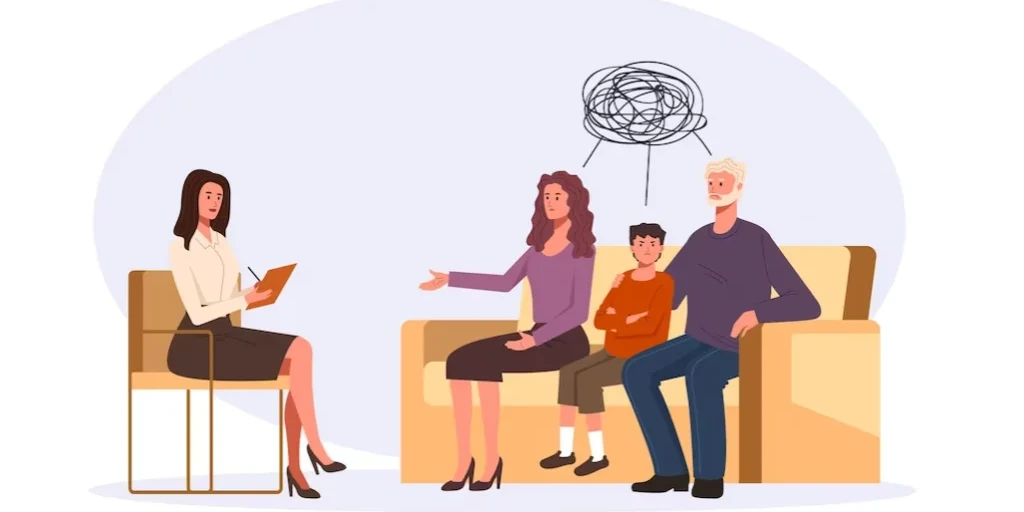24/7 Helpline:
(866) 899-221924/7 Helpline:
(866) 899-2219
Learn more about Dual Diagnosis Rehab centers in Keshena
Dual Diagnosis Rehab in Other Cities

Other Insurance Options

WellCare Health Plans

Covered California

Regence

United Health Care

MHNNet Behavioral Health

Premera

ComPsych

Medical Mutual of Ohio

Humana

Horizon Healthcare Service

Magellan

Multiplan

American Behavioral

EmblemHealth

MVP Healthcare

Self-pay options

Carleon

Access to Recovery (ATR) Voucher

Sliding scale payment assistance

Lucent




Menominee County Alcohol and Drug Abuse Treatment
Menominee County Alcohol and Drug Abuse Treatment is a public rehab located in Keshena, Wisconsin. M...








